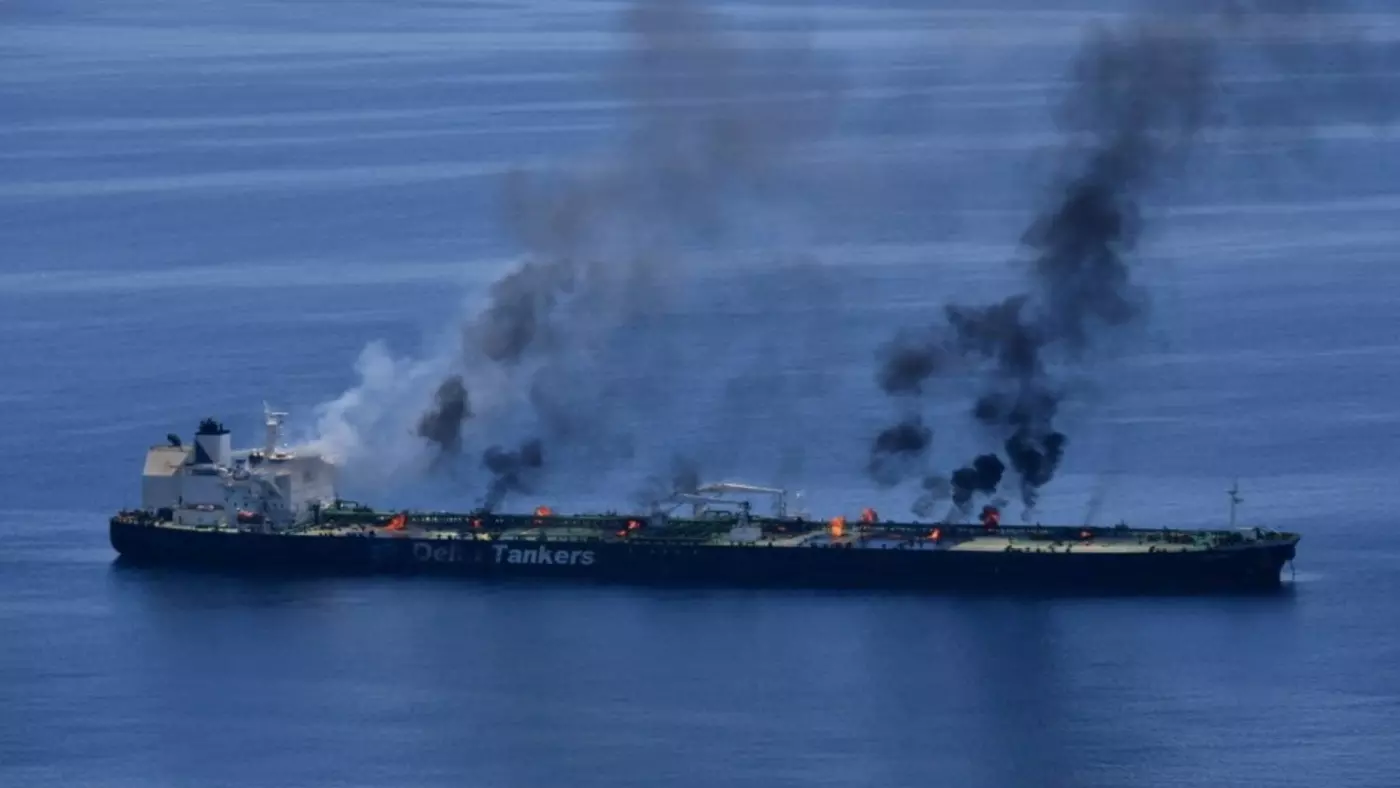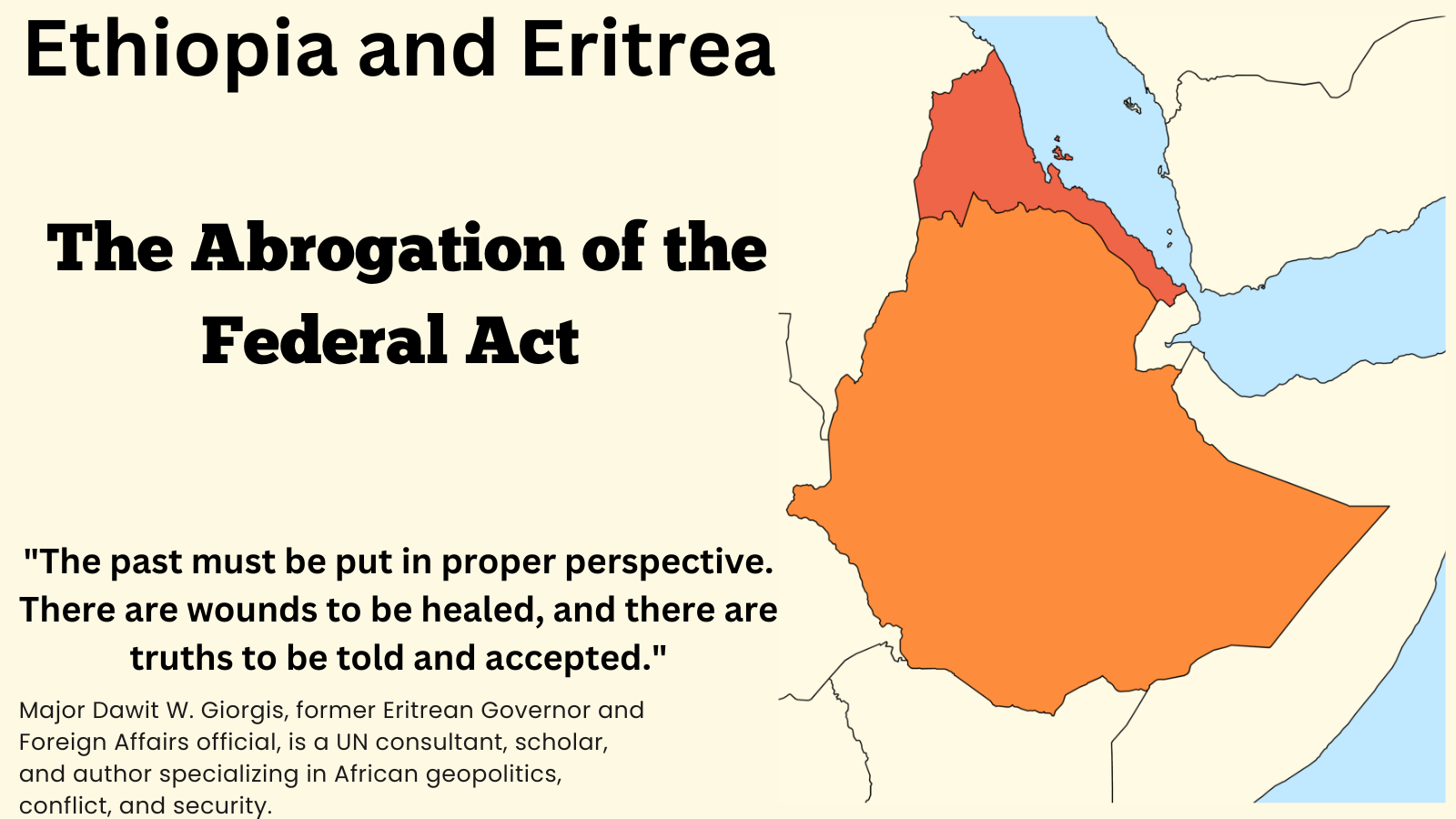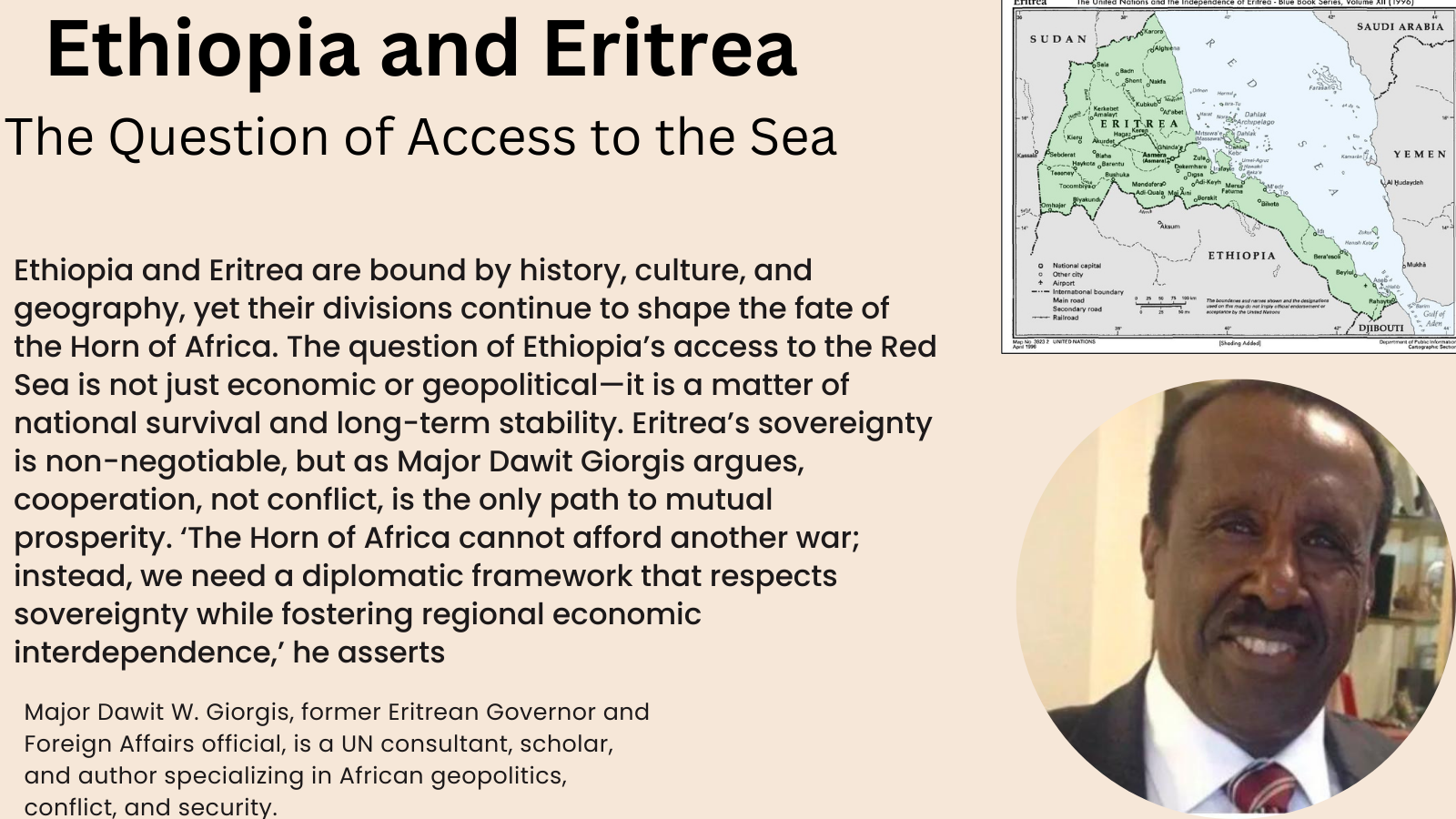US Warns of Historic Oil Spill Threat After Houthi Attack on Tanker in Red Sea

|
Getting your Trinity Audio player ready...
|
The US State Department has issued a dire warning about a potential ecological disaster in the Red Sea after Yemen’s Houthi forces attacked the Greek-flagged crude oil tanker Sounion last week. The Pentagon has confirmed that the tanker, which is still ablaze, could cause an oil spill four times larger than the 1989 Exxon Valdez disaster, marking it as one of the most significant ship-related oil spills in history.

The attack, which involved three projectiles, sparked a fire and disabled the tanker’s engine. The crew was rescued by a French naval vessel after drifting for a day, 77 nautical miles west of Yemen’s port of Hodeidah. The tanker is carrying over 150,000 tonnes of crude oil, and should a spill occur, the environmental impact could be catastrophic.
In a statement released on Saturday, the US State Department highlighted the scale of the potential disaster, warning that the spill could dwarf the Exxon Valdez spill that leaked 257,000 barrels of oil off the coast of Alaska. The EU’s Aspides task force, an international naval force, echoed these concerns, labeling the wreckage a “severe ecological disaster” risk.

Pentagon spokesperson Air Force Maj Gen Patrick Ryder condemned the attack as a “reckless act of terrorism” that threatens the delicate maritime ecosystem in the Red Sea and the Gulf of Aden. Ryder also revealed that a third party had attempted to salvage the wreck using two tugboats but was deterred by Houthi threats.
The Houthis, who have been targeting ships they suspect of links to Israel since October 2023, claimed responsibility for the attack, framing it as part of their solidarity with Palestinians in Gaza. This latest assault marks the first time the group has intentionally set fire to an abandoned vessel, escalating the maritime conflict in the region.
As the situation unfolds, the US military, in collaboration with regional partners, is working to mitigate the potential environmental impact and prevent what could become the largest ship-related oil spill in history.
EAR- Editorial Note
This breaking news story is sourced from Middle East Eye, a publication renowned for its independent and unrivalled coverage and analysis of the Middle East, North Africa, and beyond.




